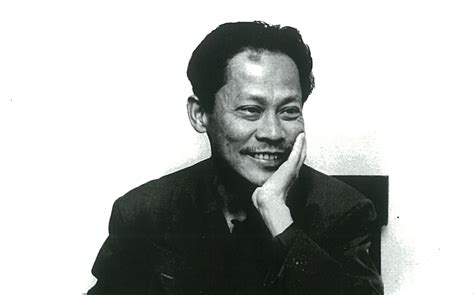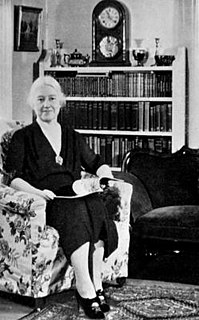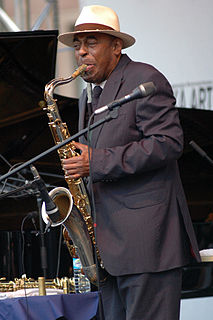A Quote by Harold Rosenberg
America is the civilization of people engaged in transforming themselves. In the past, the stars of the performance were the pioneer and the immigrant. Today, it is youth and the Black.
Related Quotes
Race doesn't mean what it used to in America anymore. It just doesn't. Obama's black, but he's not black the way people used to define that. Is black your experience or the color of your skin? My experience is as a Mexican immigrant, more so than someone like George Lopez. He's from California. But he'll be treated as an immigrant. I am an outsider. My abuelita, my grandmother, didn't speak English. My whole family on my dad's side is in Mexico. I won't ever be called that or treated that way, but it was my experience.
The problem with much of the debate over this issue is that we confuse two separate matters: immigration policy (how many people we admit) and immigrant policy (how we treat people who are already here). What our nation needs is a pro-immigrant policy of low immigration. A pro-immigrant policy of low immigration can reconcile America's traditional welcome for newcomers with the troubling consequences of today's mass immigration. It would enable us to be faithful and wise stewards of America's interests while also showing immigrants the respect they deserve as future Americans.
America is also the nameless foreigner, the homeless refugee, the hungry boy begging for a job and the black body dangling on a tree. America is the illiterate immigrant who is ashamed that the world of books and intellectual opportunities are closed to him. We are all that nameless foreigner, that homeless refugee, that hungry boy, that illiterate immigrant and that lynched black body. All of us, from the first Adams to the last Filipino, native born or alien, educated or illiterate-We are America!
Donald Trump's slogan: "Let's make America great again." And when I hear that, that seems to suggest there was a moment in the past when America really was great, you know, when women knew their places, when we could set dogs on black people in Mississippi, when young people went and sit in at lunch counters and were assaulted by others. That's about the death of memory. That's about memory being basically suppressed in a way that doesn't allow people to understand that there were things that happened in the past that we not only have to remember, we have to prevent from happening again.
Humor has been a fashioning instrument in America, cleaving its way through the national life, holding tenaciously to the spread elements of that life. Its mode has often been swift and coarse and ruthless, beyond art and beyond established civilization. It has engaged in warfare against the established heritage, against the bonds of pioneer existence. Its objective --the unconscious objective of a disunited people --has seemed to be that of creating fresh bonds, a new unity, the semblance of a society and the rounded completion of an American type.
The strange thing about my life is that I came to America at about the time when racial attitudes were changing. This was a big help to me. Also, the people who were most cruel to me when I first came to America were black Americans. They made absolute fun of the way I talked, the way I dressed. I couldn't dance. The people who were most kind and loving to me were white people. So what can one make of that? Perhaps it was a coincidence that all the people who found me strange were black and all the people who didn't were white.






































